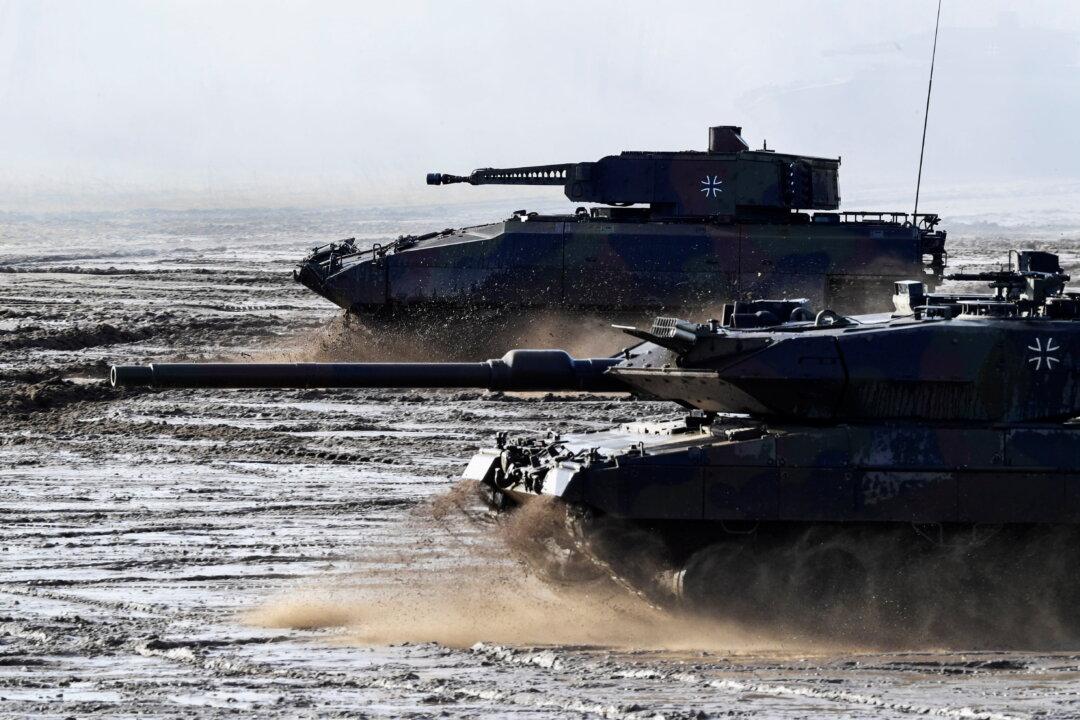Leading Western allies of Ukraine are preparing to send tanks to Kyiv following recent Russian battlefield victories in the eastern Donetsk region.
Representatives of Ukraine’s chief Western backers will meet on Jan. 20 at Germany’s Ramstein Air Base, where they’re likely to reiterate support for Kyiv and pledge continued assistance. The air base serves as a command center for both the U.S. Air Force and NATO Allied Air Command.





